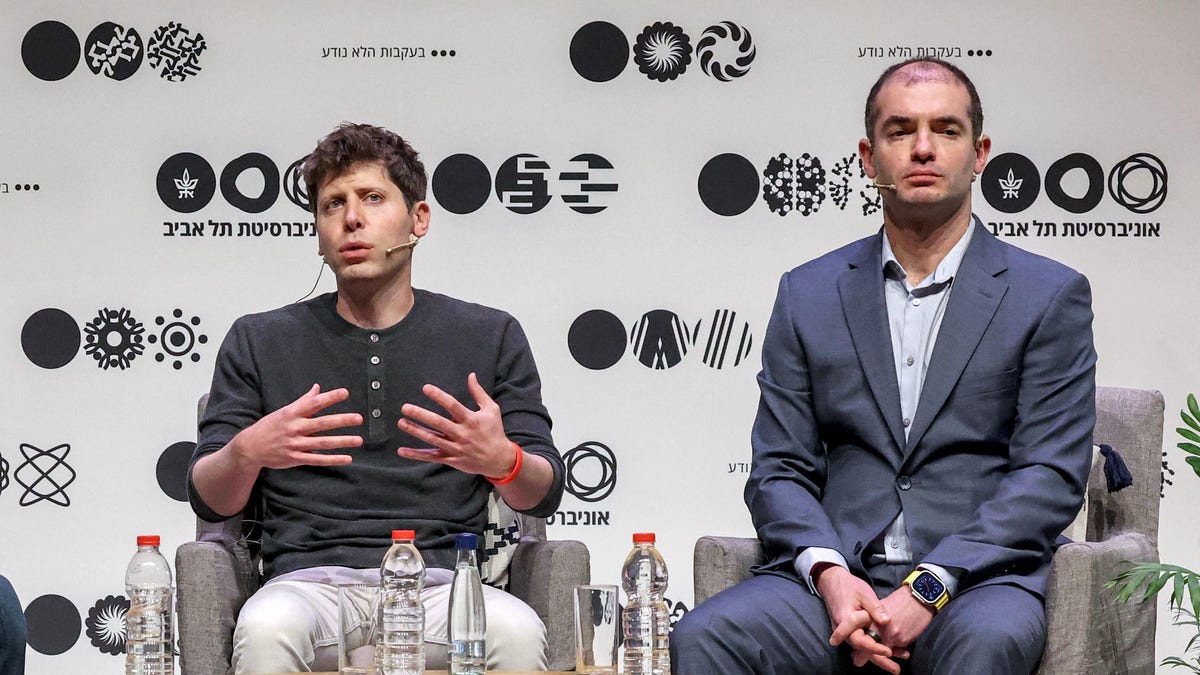OpenAI is on an M&A tear.
Days after acquiring database tech firm Rockset, OpenAI has purchased Multi (previously Remotion), a startup developing a enterprise-focused, video-first collaboration platform. A source familiar with the matter says that the deal is technically an acquihire and that most of Multi’s team — around five people — will join OpenAI following the deal’s close.
Alexander Embiricos, Multi’s CEO and one of its co-founders, says that Multi will shut down after July 24, 2024.
“We’re beyond excited to share that Multi is joining OpenAI,” he wrote in a post on Multi’s blog. “Thank you to everybody who used Multi. It was a privilege building with you, and we learned a ton from you.”
With Multi, Embiricos (an ex-Dropbox product manager) and Multi’s second co-founder, Charley Ho (an ex-Google software engineer), set out to build a Zoom-based platform designed for remote teams to work together through video chats. Multi offered features like the ability to collaborate across screen shares from up to 10 people at the same time, customizable shortcuts and automatic deep links for code, designs and documents.
According to Crunchbase data, Multi raised $13 million in cash from VCs including Greylock and First Round Capital prior to today’s exit.
As with the Rockset buy, the Multi deal seems to fit into OpenAI’s broader recent strategy of investing heavily in enterprise solutions. OpenAI recently revealed that the corporate tier of its viral AI-powered chatbot platform, ChatGPT, had close to 600,000 users, including 93% of all Fortune 500 firms.
In May, OpenAI signed an agreement with PwC to resell OpenAI’s tools to other businesses. The month before, the company launched a business-oriented custom AI model tuning and consulting program. The enterprise entreaties appear to be paying dividends, with OpenAI’s annualized revenue set to eclipse $3.4 billion this year, per a report in The Information.
Along the same vein as OpenAI’s other corporate efforts, could we one day see a spruced-up ChatGPT with videoconferencing and remote collaboration features? Maybe. I wouldn’t put it past OpenAI — particularly as the lag time between the company’s flagship models lengthens.



